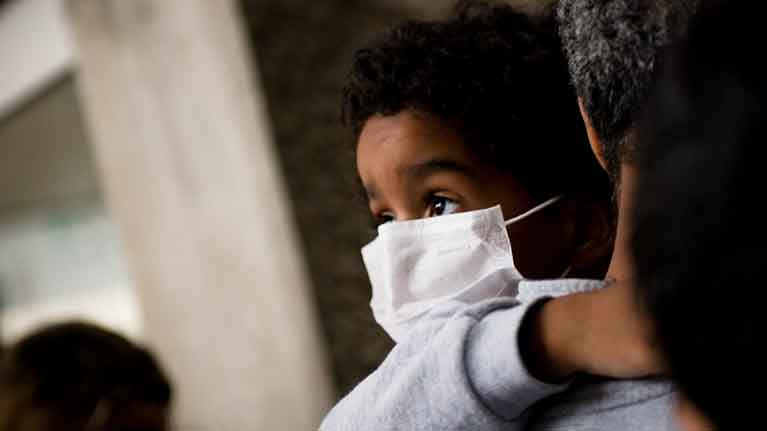The COVID-19 pandemic has tested the resilience of communities worldwide, leaving lasting effects still being felt today. From social isolation to economic challenges, the pandemic has reshaped how we approach health and how we live, work, and connect. Below, we’ll dissect the key social and economic impacts of COVID-19, explore how health systems can adapt to a surge in cases, and highlight the role of community action in controlling the spread.
What Are the Social and Economic Impacts of COVID-19 in Your Area?
The pandemic has caused significant changes in social structures and the economy, uniquely affecting individuals and families. Here are some key areas that have been impacted:
- Social Isolation and Mental Health
Prolonged lockdowns and social distancing measures limited face-to-face interactions, leading to spikes in anxiety, depression, and loneliness. Vulnerable populations, like the elderly and those living alone, often faced the harshest isolation.
- Employment and Financial Strain
Businesses in sectors like hospitality, retail, and travel were hit hard, leading to widespread layoffs and reduced incomes. Many small businesses struggled to stay afloat as consumer behavior shifted to online shopping and services.
- Educational Disruptions
Students faced interrupted learning due to school closures and the shift to virtual education. This disproportionately affected low-income families who may have lacked access to reliable internet or digital devices.
- Healthcare Strain
Hospitals and clinics experienced overwhelming demands, particularly during infection spikes, leading to delayed treatments for non-COVID-related illnesses.
Despite these challenges, communities found ways to adapt, with many transitioning to remote work, creating support networks, and prioritizing mental health initiatives.
How Can Local Health Systems Respond to a COVID-19 Surge?
Health systems play a major role in managing the ongoing effects of the pandemic. To effectively handle surges in COVID-19 cases, these systems should focus on several key strategies. Expanding testing and vaccination efforts by allocating resources to increase testing capabilities and encouraging vaccinations can significantly reduce the spread and severity of cases. Strengthening staffing and supplies is also key, which includes expanding healthcare staff, utilizing temporary workers, and maintaining stockpiles of personal protective equipment (PPE) and ventilators.
Enhancing telemedicine services allows patients to consult with healthcare providers remotely, minimizing exposure to the virus while easing the burden on in-person facilities. Improving incident management through proactive planning verifies resources are effectively allocated during crises. By adopting these measures, local health systems can remain agile and responsive, better equipped to manage future surges and their broader impacts.
What Role Does Community Action Play in Controlling the Spread?
Communities play a key role in curbing the spread of COVID-19. When individuals act collectively, the entire community benefits. Here’s how:
- Adherence to Public Health Guidelines
Simple actions like wearing masks, practicing social distancing, and frequent handwashing significantly reduce transmission rates.
- Support for Vulnerable Groups
Neighbors coming together to assist the elderly, immunocompromised, or those in quarantine fosters solidarity while meeting basic needs.
- Accurate Information Sharing
Combatting misinformation through trusted sources helps residents stay informed and make safe decisions.
- Local Initiatives and Volunteerism
Community-led efforts, like food drives or fundraising for small businesses, strengthen the social fabric while providing much-needed support during tough times.
Visit an Urgent Care Near You
The pandemic has reminded us how pivotal accessible healthcare is, whether you need routine care or immediate attention. If you or your loved ones are not feeling well, it’s always better to seek medical advice early. Visit your nearest urgent care center to get checked out and confirm your health is on track.
- TimesHealthMag Tips For Improving Sleep Quality – Expert Advice For Better Rest!
- How TimesHealthMage Helps Improve Your Lifestyle Habits!
- Mental Health Advice TimesHealthMag For Anxiety Relief – Expert Tips!
- TimesHealthMag Nutrition Facts For A Healthy Lifestyle – Transform Your Health!
- Can You Eat Tuna On A Low Residue Diet – Find Out If It’s Safe For Your Gut!


Leave a Reply